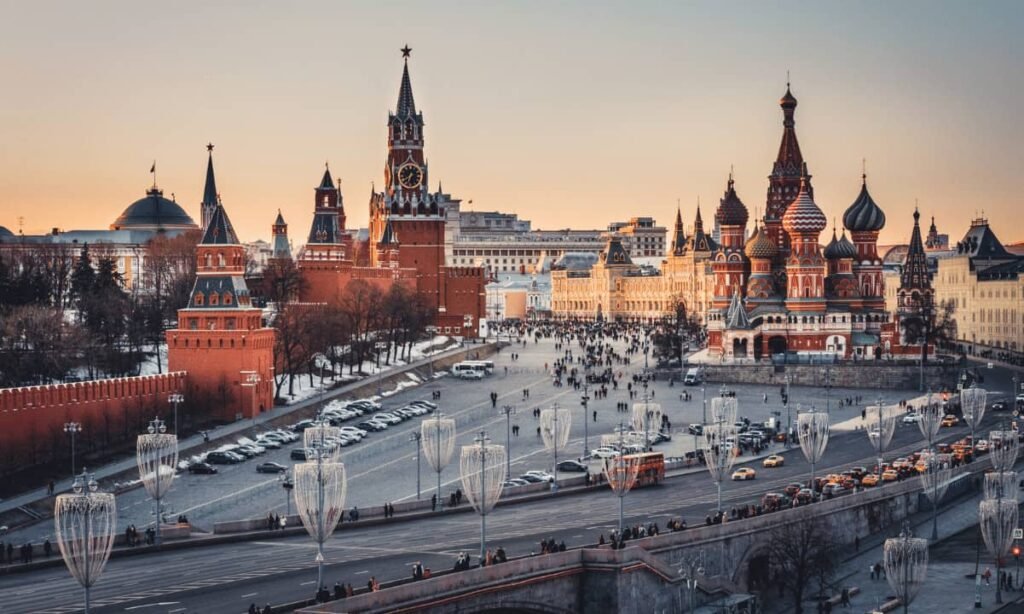Russia is taking steps to implement a comprehensive framework for taxing cryptocurrency transactions and mining. The Federation Council approved a federal bill on November 27 that classifies digital currencies as property and exempts crypto transactions from value-added tax (VAT). The legislation awaits President Vladimir Putin’s signature to become law, with income from cryptocurrency sales subject to a personal income tax of 13%-15%, aligning with tax rates for securities transactions. Crypto mining operators are exempt from VAT on mined coins but must report their activities to tax authorities, with income taxed based on the market value of the digital assets at the time of receipt. Non-compliance could result in fines of 40,000 rubles, approximately $360.
According to the new law, digital currencies may be used in foreign trade agreements under Russia’s experimental legal crypto framework, while authorized mining infrastructure operators’ services will remain tax-free within the country. Once enacted, these measures aim to formalize Russia’s crypto economy, providing regulatory clarity and oversight to align with the government’s tax objectives. This development follows plans announced by officials to curb cryptocurrency mining in Siberian regions like Irkutsk and Buryatia from December to mid-March, with seasonal bans through 2031, and year-round bans in the North Caucasus and Russian-controlled areas of Ukraine starting in 2024.
With Bitcoin nearing $100,000 and experiencing significant growth globally, research by MegaFon, a leading Russian telecommunications provider, revealed an 8% increase in internet traffic to major crypto exchanges in the country in early November. This spike in activity was driven by recent changes in local cryptocurrency regulations, as well as the increasing popularity of Bitcoin. The data also indicated an 8% to 10% month-over-month increase in web visits to the 20 most popular crypto exchanges globally, with Russian users accounting for an estimated 27% to 30% of the traffic.
The growing interest in digital currencies within Russia is reflected in the increase in internet traffic to crypto exchanges and the government’s efforts to implement a comprehensive framework for taxing cryptocurrency transactions and mining. By classifying digital currencies as property and exempting crypto transactions from VAT, the new law aims to provide regulatory clarity and oversight to formalize Russia’s crypto economy. With Bitcoin reaching record highs against the Russian ruble, it is evident that there is a significant interest in digital currencies within the nation, prompting the need for a structured regulatory framework.
The bill’s recognition of digital currencies in foreign trade agreements and the tax-free status of authorized mining infrastructure operators’ services aim to encourage the growth of the crypto economy in Russia while aligning with the government’s tax objectives. As officials work to curb cryptocurrency mining in specific regions to prevent electricity shortages, the government is moving to regulate the industry while meeting the growing demand for digital currencies. With the evolving crypto market and the increasing interest in Bitcoin, Russia’s steps towards implementing a comprehensive crypto tax framework demonstrate its commitment to regulating and formalizing the digital currency market within the country.
Overall, the latest developments in Russia’s approach to cryptocurrency taxation and mining regulation reflect a balanced effort to support the growth of the crypto economy while ensuring compliance with tax laws and regulations. By providing clarity and oversight through the new legislation, Russia aims to position itself as a key player in the global cryptocurrency market while addressing the challenges and opportunities presented by the evolving digital currency landscape.

